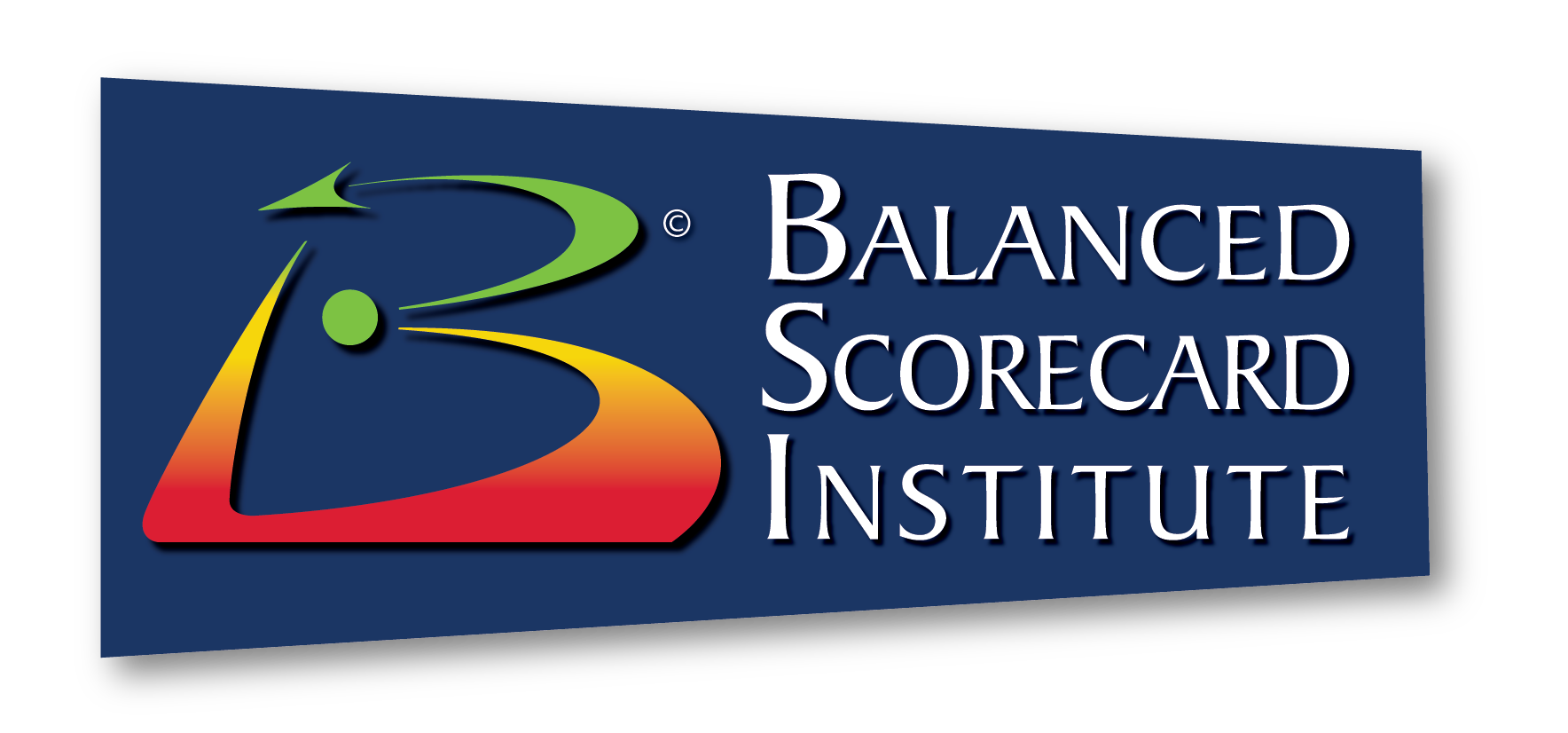A few years ago, I held my first Strategy Review Meeting (SRM). We had a great agenda and flow. We had strong presenters going over the progress we’ve made. Our KPIs were giving us trend information allowing for great discussion. Our project updates were giving leadership visibility into our scope, schedule, costs, quality, issues, risks, resource constraints, schedule delays, etc. I then saw a few executives shifting uncomfortably in their chairs as we discussed more projects. Some looked frustrated. Questions started racing through my mind. Are these project reports the same reports given at sponsor meetings? Did I see these same reports at the project review board or the steering committee meetings? Was this redundant information? The answer to all of the above – yes. It then hit me – there wasn’t enough strategy in our strategic project reporting!
So, can there be ‘strategic’ discussions around projects beyond traditional project reporting? Can leaders’ conversations really be elevated from the weeds to 30k feet?
Absolutely!
Reviewing the progress made on strategic objectives (goals) is critical for any organization looking to improve their strategy execution. Getting a performance review cycle from concept to operational is a significant undertaking requiring collaboration between senior leaders, strategic planning staff, objective owners, project sponsors, project managers, data entry staff, data analysts, etc. Most organizations start with quarterly SRMs and break down their reporting into two topics – projects and KPIs. Discussions around these two items give us a decent picture of how we are doing and what needs to get done moving forward.
Roles
Project Managers (PMs) and Project Management Offices (PMOs) have earned the well-deserved reputation of being able to increase the chances of project success. Among other things, they track project progress and report on project-level elements to ensure projects get the attention needed and continue moving forward. Strategic planning staff and Strategy Management Offices (SMOs) facilitate the planning process, document the strategic plan, and monitor/coordinate the reporting of progress made on the plan.
The problem
Two common mistakes I see SMOs and planning staff make are to either adopt a PM/PMO project reporting format simply because PMs and PMOs know projects best or they allow those reporting to follow a format they like and most will migrate to the same source for templates – PMs and PMOs. The issue with this? Project-level reports are meant to give a picture of the project. Most do not provide visibility into the impact those elements (e.g., schedule delays, cost overruns) have on the strategic plan. Using a project-level report format at a SRM also creates redundancy in project reporting which may lead to frustration and a lack of interest in the strategic planning effort.
A solution
It is important to start with a simple format. The goal is to transform the organization over time and rushing or complicating this effort may create unnecessary risks to the transformation process. Refine the SRM project reporting format to capture the direct impact a project’s performance has on your strategic objectives, KPIs (immediate and projections), and possibly, higher elements such as your themes and vision. Focusing on the impact to strategy elevates the SRM discussions to the right altitude and forces senior leaders, project managers, project sponsors, etc. to think and prepare differently.
A simple SRM reporting format for presenters to follow is:
- Prepare a quick overview of the project status (e.g., cost overruns, not on schedule) and corrective action being taken
- Analyze and discuss the impact these elements may have on objectives and possibly, strategic themes and vision
- Analyze and discuss the impact these elements may have on KPIs (immediate and projections) and targets
This approach will help bring leadership reporting and discussions to the right altitude and can also better define the roles and responsibilities of the strategic planning and project management staff.
You can learn more about strategic planning and performance management by visiting our website and downloading various thought leadership articles, blogs, and webinars.
Richard Juarez, MBA, BSMP, PMP, KPIP, rjuarez@strategymanage.com, is a Senior Consultant, Strategic Planning and Strategy Execution for the Balanced Scorecard Institute/Strategy Management Group. Richard is a performance management expert and thought leader who brings real-world planning and execution experience to his training and consulting engagements. Richard is also a secondary author/reviewer on A Guide to the Business Architecture Body of Knowledge® (BIZBOK® Guide), v 5.1; 2016.


